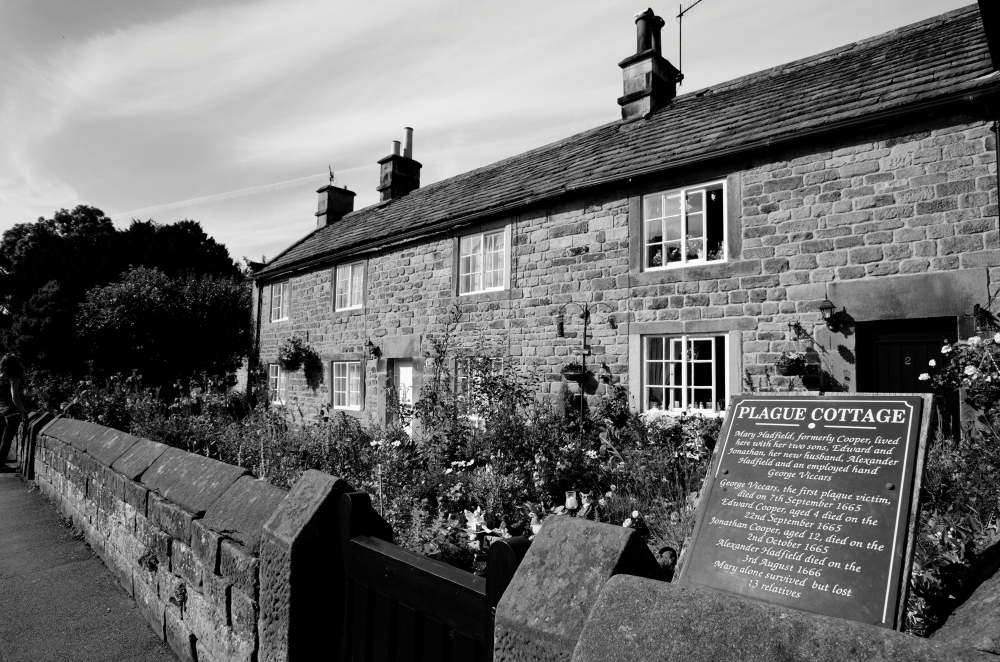The Eyam Plague has been a dreadfully fascinating epidemic. The first response to plague epidemics in the seventeenth century was often quarantine, a measure detested by those who were subjected to it, and often violently opposed. In Eyam, however, things took a different turn: the parish priest William Mompesson persuaded the local population about the need to establish a cordon sanitaire, placing the village in voluntary quarantine to protect other communities in the region from contagion. This paper aims to offer two reflection standpoints for reflecting on whether and how it is possible to put in place ethically acceptable containment measures in the context of epidemics. One is historical, represented by the Eyam Plague, and one theoretical, offered by Upshur’s Four Principles for the Justification of Public Health Intervention and by the Siracusa Principles on the Limitation and Derogation Provisions in the International Covenant on Civil and Political Rights.
Abstract
The recent outbreak of the SARS-CoV-2 coronavirus is posing many different challenges to local communities, directly affected by the pandemic, and to the global community, trying to find how to respond to this threat in a larger scale. The history of the Eyam Plague, read in light of Ross Upshur’s Four Principles for the Justification of Public Health Intervention, and of the Siracusa Principles on the Limitation and Derogation Provisions in the International Covenant on Civil and Political Rights, could provide useful guidance in navigating the complex ethical issues that arise when quarantine measures need to be put in place.
Keywords
History of medicine, History of epidemiology, Eyam, Plague, SARS-CoV-2, COVID-19, Public health ethics
Full text
https://link.springer.com/article/10.1007%2Fs11019-020-09971-2

